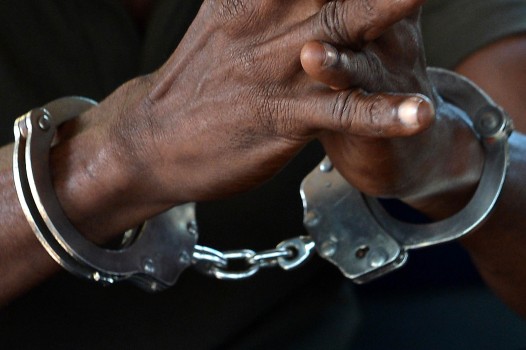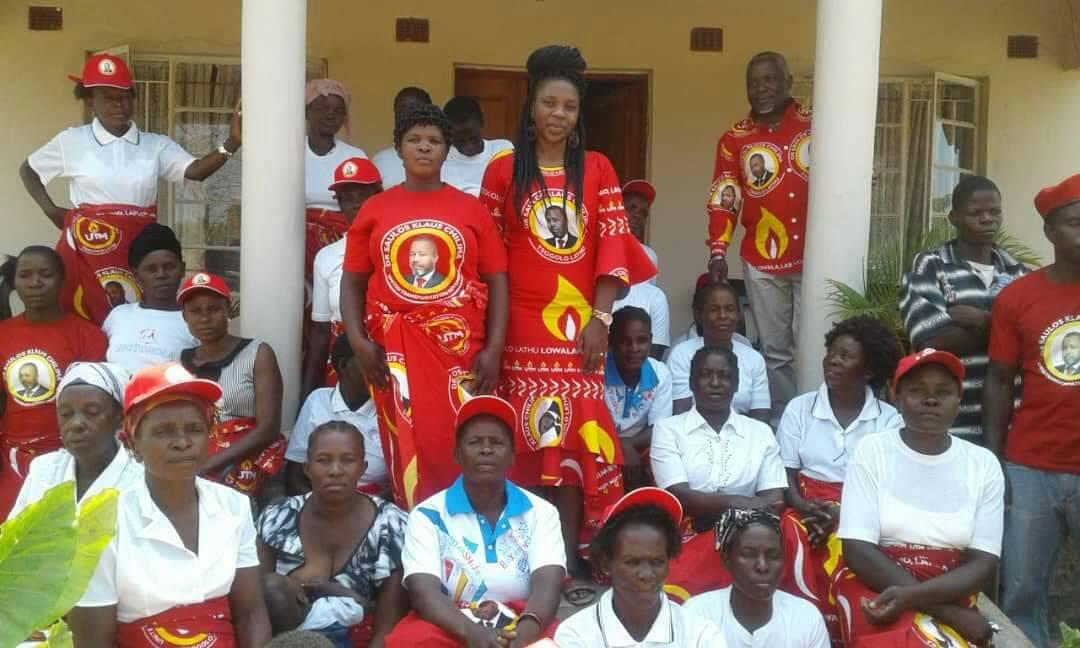It was always a bit of a storm in a teacup.
Now it turns out that Malawi’s President Joyce Banda didn’t even write – or know about – the infamous attack on the character and charitable activities of pop star Madonna.
And yet the ongoing quarrel – the Malawian government is still accusing Madonna of lying about her charity work – strikes me as interesting and revealing. Both for what it says about changing attitudes towards aid in Africa, as well as the more familiar chaffing that occurs when pride, philanthropy, poverty and celebrity rub up against each other.
You can read the entertainingly blunt statement from Malawi’s State House here – a minor classic of its kind.
It may have been unauthorised and unsolicited – the creative homework of a junior official – but its indignant tone catches something of the frustrations of a continent weary of expressing gratitude, and increasingly determined to meet the outside world as partners rather than supplicants.
It’s a tricky act to pull off, of course. Especially somewhere like Malawi. The impoverished country is still heavily dependent on outside financial support, and will remain so for many years.
But a clutch of Western development officials I’ve been talking to all acknowledge that the “Madonna Incident” points towards a more general shift – already in progress – away from the top-down aid of past decades and towards a new focus on policy development, partnership and business.
“That old image of a white person holding a starving black child is just embarrassing these days,” said one official, speaking off the record. “The emphasis is on partnership, on building resilience in communities, and on business models.”
A few UN agencies and charities still wheel in celebrities to attract attention to some cause or other – Katy Perry was in Madagascar recently – but with austerity biting in Europe and elsewhere, their impact and ability to raise funds is dwindling.
‘High-handed’ remarks
It would be unfair to draw too many broad conclusions from the unfinished story of Madonna’s own philanthropic involvement in Malawi – a tale complete with law suits, sackings, an angry sister of the president, allegations of theft, and several thousand girls benefiting from an education they might otherwise never have received.
But yesterday I did ring up Trevor Neilson in Los Angeles. His Global Philanthropy Group is managing Madonna’s projects in Malawi. I was prompted to call after hearing him say the following on a BBC radio programme:
“Currently the president [of Malawi] has put on trial her primary political opponent for treason. You know Malawi is a country with a lot of major problems… Luckily our work in Malawi is not dependent on the Malawian government. It never has been. We’re not seeking their help. We’re not seeking their permission.”
Mr Neilson went on to say – in reference to a legal dispute between Madonna and the woman she’d hired to run a schools project, who also happens to be President Banda’s sister – that “sadly it appears that… President Banda, is using her office to pursue her sister’s grudge and pursue her sister’s financial interests”.
Some pretty strong allegations there.
I suggested to Mr Neilson that he might have given the impression he was accusing President Banda of manipulating the courts to stifle political opposition – and by implication of running the country like a dictatorship.
He strongly denied that and admitted he didn’t know much about the treason trial of people accused of involvement in an alleged coup d’état staged last year to prevent Ms Banda from taking power after the death of her predecessor.
Mr Neilson said he meant that the president was either settling a grudge or trying to “divert attention” from the trial by issuing such a “vitriolic” statement.
I have no reason to question Madonna’s motives in Malawi. It’s also pretty clear that President Banda’s office has handled a messy situation with staggering ineptitude. I cannot offer an opinion on the president’s sister, Anjimile Oponyo, although if $3.8m went missing on her watch, then clearly she has some questions to answer.
But I must say that I found Mr Neilson’s sweeping comments about, and allegations against, President Banda – a woman who may have her flaws but who is widely considered one of Africa’s most dynamic leaders – quite, shall we say, high-handed.





No comments! Be the first commenter?